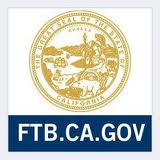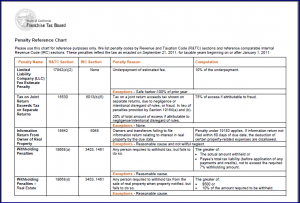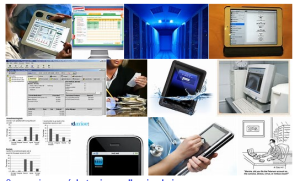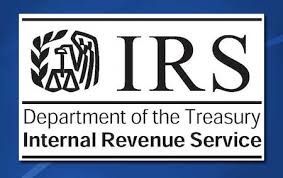 How the Tax Reform Act of 2014 Will Affect Your Small Business
How the Tax Reform Act of 2014 Will Affect Your Small Business
You may be holding your breath and wondering how tax reform will affect your small business.
The bill includes a renewal of Section 179 expensing. This tax advantage has typically been renewed every year with higher and higher thresholds, but on Jan. 1, the law reverted back to its original provision, which only allows $25,000 in the expensing of any new assets.
Purchases in excess of this amount must be depreciated over their useful lives. From 2010 to 2013, businesses were allowed a $500,000 threshold for Section 179 expensing. Proposed in the Tax Reform Act of 2014 will be a ceiling of $250,000 – levels enjoyed during 2008 and 2009.
The proposal does not allow for the renewal of bonus depreciation which also expired at the end of 2013. This allowed businesses to deduct 50% of the cost of all assets, above and beyond the Section 179 expensing.
In a statement, National Taxpayers Union Executive Vice President Pete Sepp said that the proposed reform aims to harmonize the top tax rate for S and C Corporations with qualified domestic income to 25%. He contends that because S Corporations are pass-through entities – the individual pays the tax on profit rather than the corporation – there will be an exclusion allowed to create an equivalent 25% tax. Qualified domestic income relates specifically to the manufacturing sector.
This change should encourage production and new jobs within our borders. “The proposal rightly aims to bring a measure of tax parity between ‘pass-through’ small business entities and traditional corporations, but how it hits that target must be thoroughly examined to ensure that job creators aren’t punished in the process,” Sepp said in a statement.
He also reiterated swift action on Capitol Hill will also be necessary. “Some tax-saving provisions for businesses will be gone several years before the final, beneficial 25% tax rate kicks in. Washington must avoid the appearance of clawing back many provisions in the short-term while pushing rate relief into the long-term.”
One tax element that hits many small business owners is the Alternative Minimum Tax which can be triggered when using net operating losses against current year income and when taking depreciation and Section 179 expensing.
On the other hand, the National Federation of Independent Business (NFIB) Vice President of Federal Public Policy Brad Close made the following statement in response to Camp’s proposed reform:
“NFIB has long advocated tax reform that achieves lower rates and a simpler code,” said Close. “While we appreciate Chairman Camp pursuing tax reform that lowers some rates, we are very concerned that this plan does not address the core issues that are important to all small businesses: simplifying the code, leveling the playing field for all businesses, and addressing both corporate and individual tax rates. We look forward to working with members of the Ways & Means Committee and Chairman Camp to achieve comprehensive tax reform that does not pick winners and losers based on size and type of business.”
The tax reform is nowhere near being carved in stone; after all, this is only the discussion draft, so we shall see.
Source: http://smallbusiness.foxbusiness.com/finance-accounting/2014/02/28/how-tax-reform-act-2014-will-affect-your-small-business/

 What would happen if the IRS re-classified your business as a hobby?
What would happen if the IRS re-classified your business as a hobby?

 EDD extension for San Diego wildfire
EDD extension for San Diego wildfire
 How the Tax Reform Act of 2014 Will Affect Your Small Business
How the Tax Reform Act of 2014 Will Affect Your Small Business File information returns (for example, Forms 1099 for certain payments you made during 2013. There are different forms for different types of payments. Use a separate Form 1096, Annual Summary and Transmittal of U.S. Information Returns, to summarize and transmit the forms for each type of payment. See the
File information returns (for example, Forms 1099 for certain payments you made during 2013. There are different forms for different types of payments. Use a separate Form 1096, Annual Summary and Transmittal of U.S. Information Returns, to summarize and transmit the forms for each type of payment. See the 
 More than 1 million Californians did not file a 2012 state income tax return!
More than 1 million Californians did not file a 2012 state income tax return! The Affordable Care Act requires employers to report the cost of coverage under an employer-sponsored group health plan on an employee’s Form W-2, Wage and Tax Statement, in Box 12, using Code DD. Many employers are eligible for transition relief for tax-year 2012 and beyond, until the IRS issues final guidance for this reporting requirement.
The Affordable Care Act requires employers to report the cost of coverage under an employer-sponsored group health plan on an employee’s Form W-2, Wage and Tax Statement, in Box 12, using Code DD. Many employers are eligible for transition relief for tax-year 2012 and beyond, until the IRS issues final guidance for this reporting requirement.